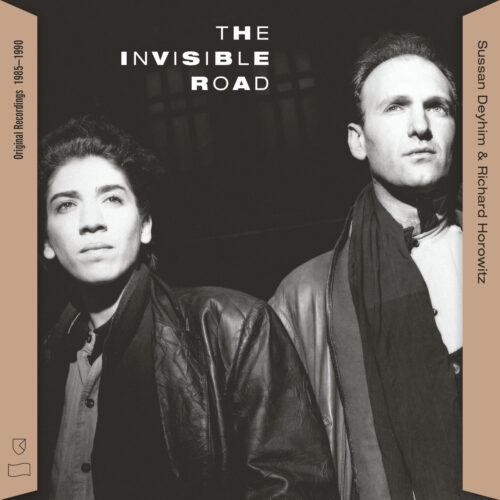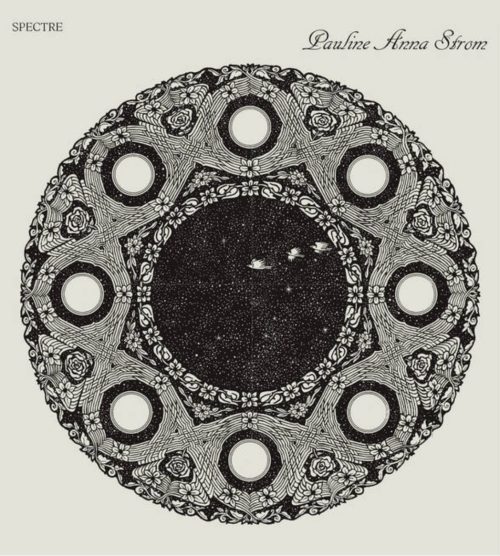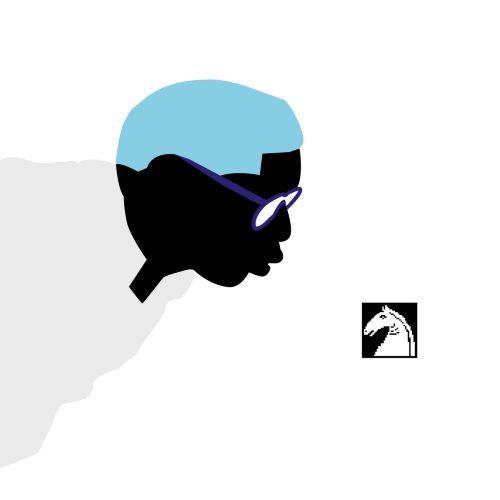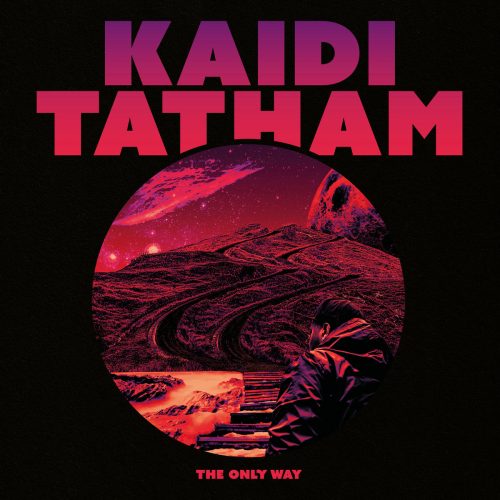The Invisible Road: Original Recordings, 1985-1990
Label: RVNG Intl.
Genre: Highlights, Electronic, Experimental
$29.99
Availability: In stock
Audiopile Review: Say what you like about genres and sub-genres, but they can prevent some important artists being lost to history. You might argue that ‘fourth world’ is not even a type of music, it’s just a term Jon Hassell invented to describe his irreverent avant exotica. Maybe it covers ‘Neo Geo’-era Ryuichi Sakamoto too, but is it really… like… a thing? Put it this way: growing interest in whatever fourth world is has led people to discover the wonders of Roberto Musci and Michel Banabila (both of whom have 2024 albums, by the way). Oh, and then there’s Richard Horowitz, who notably collaborated with both Hassell and Sakamoto. His ‘Eros in Arabia’ is undeniably a highpoint of the fourth world aesthetic. But Horowitz’s best work may be on the albums he made in collaboration with extraordinary Iranian vocalist Sussan Deyhim. Her voice, a kind of ethereal take on the extended techniques of Meredith Monk, Diamanda Galás, Patty Waters, and Tim Buckley, is perfect for Horowitz’s humid soundscapes. Their 1986 classic ‘Desert Equations: Azax Attra’ was re-released a couple of years ago. And now, RVNG Intl. is blessing us with ‘The Invisible Road’, a collection of previously unreleased recordings from 1985-1990. Goodness knows how said material ended up on the cutting room floor, because this album is easily the equal of ‘Desert Equations’. Whether or not you think ‘fourth world’ is, like, a thing, it’s hard to deny that anything which helps heads discover music this entrancing cannot be a bad whatever.
The Invisible Road: Original Recordings, 1985–1990 compiles an unheard, previously unreleased body of recordings by Sussan Deyhim and Richard Horowitz, dissidents from diametric backgrounds who met during the heady days of Downtown New York in the 1980s. This collection reveals the creative and life partners’ radical shared vision of avant-garde pop in all of its boundary pushing freedom, combining Deyhim’s singular approach to vocalization, Horowitz’s invention of new musical languages, and touchstones of traditional music from around the world, creating a new music that ultimately retains a voice entirely its own.





